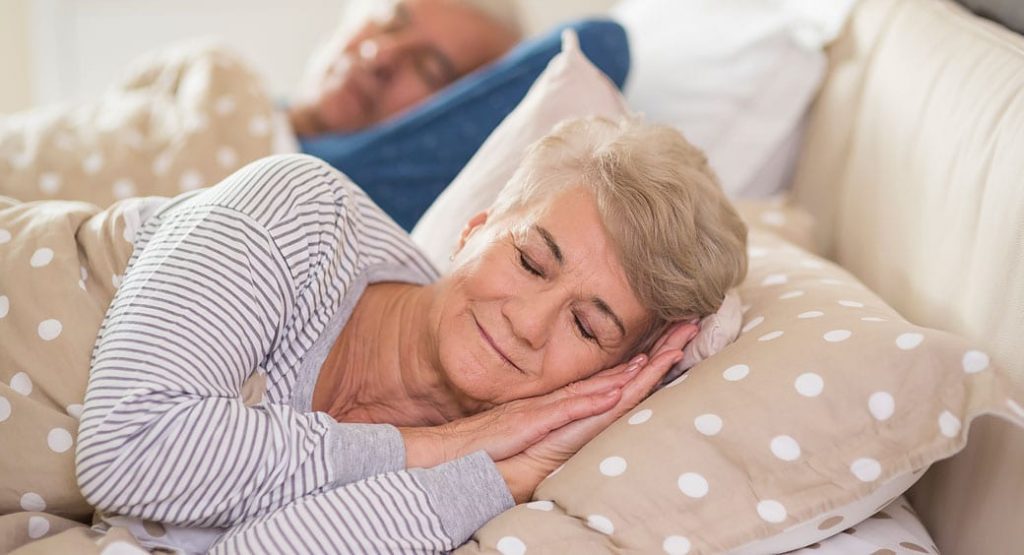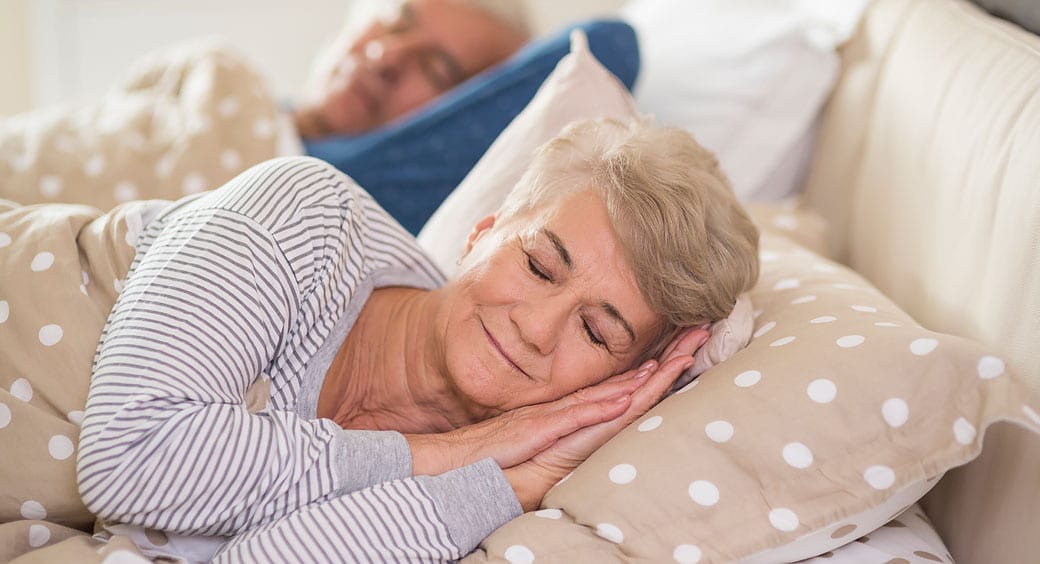 5 Ways To Get To Sleep More Easily
5 Ways To Get To Sleep More Easily
Having trouble falling asleep? You’re not alone. More than 1 in 4 adults will experience insomnia at some point in their lives. If yawning the day away isn’t bad enough, sleep deprivation is also associated with a host of serious problems including heart disease, high blood pressure, diabetes, and a suppressed immune system.
Deep, restful sleep restores energy lost during the day so you can wake up feeling your best. People who get enough sleep are more alert, get sick less, remember more, and perform better at work and in school.
With all the health benefits that come with a full night’s rest, falling asleep early seems like a no-brainer. Unfortunately, it’s not always as easy as it seems. If you find yourself struggling to get the shut-eye you need, it might be time to try something new. Here are 5 tips to help you get to sleep more easily:
- Take Time To Unwind
Letting go of the stress of the day and relaxing enough to fall asleep can be a challenge. Lying awake analyzing every mistake you made during the day and worrying about tomorrow’s responsibilities doesn’t lead to a restful slumber. Creating a relaxing bedtime ritual can be the key to easy sleep.
It doesn’t have to be complicated; something as simple as listening to music, taking a warm shower, or doing some light stretching can be enough to signal to your body and brain that it’s time to rest.
- Reduce Late Night Light Exposure
The amount and type of light you are exposed to affects the secretion of the hormone melatonin, which plays a role in making you drowsy at night. Typically, your body creates more melatonin at night when it’s dark, making you sleepy and signaling that it’s time to nod off.
Unfortunately, the conveniences of modern life come with a great deal of artificial lighting. Blue light, which is produced by phones, computers, and televisions, has the most adverse effect on melatonin production. Dimming the artificial lights in the evening and avoiding the bright screens for at least an hour before bedtime can help you feel drowsy enough to sleep.
If you just can’t keep yourself away from the phone or computer, you can reduce the negative effect of the blue light by turning down the brightness or adjusting the settings to favor red over blue light.
- Stick To A Schedule
It can be hard to resist the urge to sleep the weekends away after a long, stressful week. However, making an effort to stick to a regular schedule of waking and sleeping is one of the best ways to make sure you fall asleep easily and wake up feeling rested. This sets your body’s internal clock and keeps you aligned with your natural circadian rhythm.
Try to pick sleep and wake times that are both consistent and realistic. After a while, you will naturally begin to feel sleepy at your set sleep time, and will likely wake up even without an alarm.
Tip: if you really need some extra sleep, opt for a short nap during the day rather than sleeping in. You won’t disrupt your sleep-wake cycle and will likely feel more rested.
- Create A Comfortable Environment
The more relaxing your bedroom feels, the easier it will be to drift off into sleep. Even small changes to the room and your lifestyle can have an impact.
Make sure your bed is as comfortable and inviting as possible. Stick to cool-toned decor, keep your sheets clean and tidy, and make sure your mattress isn’t worn out. If you can’t seem to get into a comfortable position at night, buy a new pillow that supports your neck properly.
For the optimal sleeping environment, keep the room cool (slightly below 70°F) and as quiet as possible. Some people sleep better with subtle background noise, such as a sound machine or a fan.
Additionally, try to avoid spending too much awake time in your bedroom in order to create an association in your brain between the space and sleep.
- Get Out Of Bed
It may seem counterintuitive, but if you find yourself lying awake in bed unable to fall asleep, the best thing to do is often to get up. People with insomnia often come to associate the bed with lying awake, so by getting out of bed as soon as you realize you can’t sleep, you begin to break the habit.
Try to do a quiet, relaxing activity that doesn’t involve more screen-time, such as working on a crossword puzzle, coloring, or reading a few pages of a book. After about 15 minutes, try to go to sleep again.

